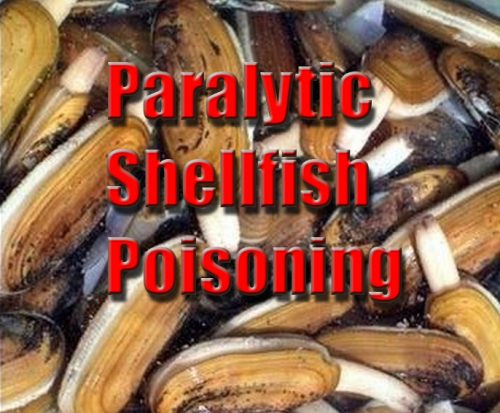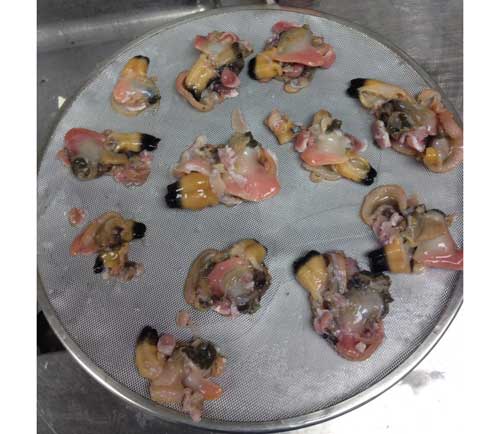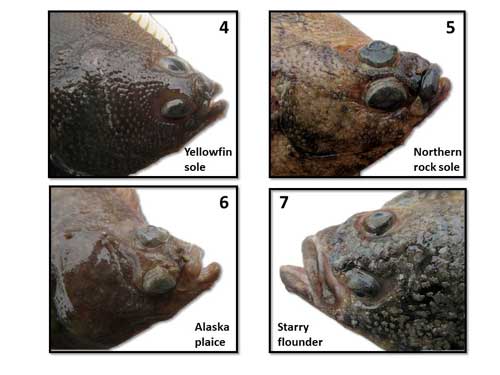State health officials remind public about risks
ANCHORAGE — Three suspected cases of paralytic shellfish poisoning have been reported this week to the Alaska Section of Epidemiology. All three were the result of eating shellfish harvested in the Juneau area over Easter weekend.
The first case, reported on April 10, was a man who went to the hospital in Juneau complaining of numbness and tingling that began in his lips and tongue and had progressed to his hands. The man had reported eating razor clams harvested from Admiralty Island, and had symptoms develop with a few hours.
The next two cases, reported April 12, were from two people who reported eating butter clams harvested from either Lincoln Island or Ralston Island over Easter weekend. The couple reported tingling and numbness of the lips, tongue and face that developed a few hours after eating the clams.
All suspected victims are recovering.
Early signs of paralytic shellfish poisoning (PSP) often include tingling of the lips and tongue. Symptoms may progress to tingling of fingers and toes, then loss of control of arms and legs, followed by difficulty breathing. Death can result in as little as two hours.
All locally harvested shellfish — including clams, mussels, oysters, geoducks and scallops — can contain paralytic shellfish poison. Crabmeat is not known to contain the PSP toxin, but crab guts can contain unsafe levels of toxin and should be discarded. There is no way to tell if a beach is safe for harvesting by looking at it. Toxins can be present in large amounts even if the water looks clear. Also, the toxin can remain in shellfish long after the algae bloom is over. PSP cannot be cooked, cleaned or frozen out of shellfish. Commercially grown shellfish is tested and considered safe.
Paralytic shellfish poisoning is considered a public health emergency. Suspected cases must be reported immediately to the Section of Epidemiology by health care providers at 907-269-8000 during work hours or 800-478-0084 after hours.
For more information on PSP go to:
https://www.cdc.gov/nczved/divisions/dfbmd/diseases/marine_toxins/, orhttps://www.hss.state.ak.us/pdf/201006_shellfish.pdf




